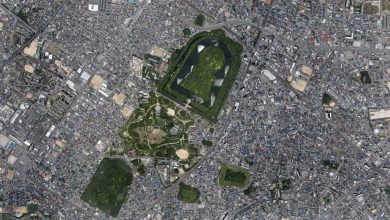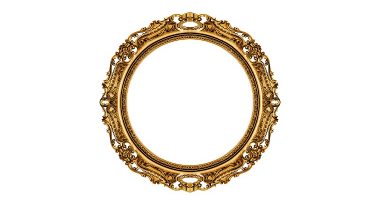Tetraphobia: why people in East Asia are afraid of the number 4
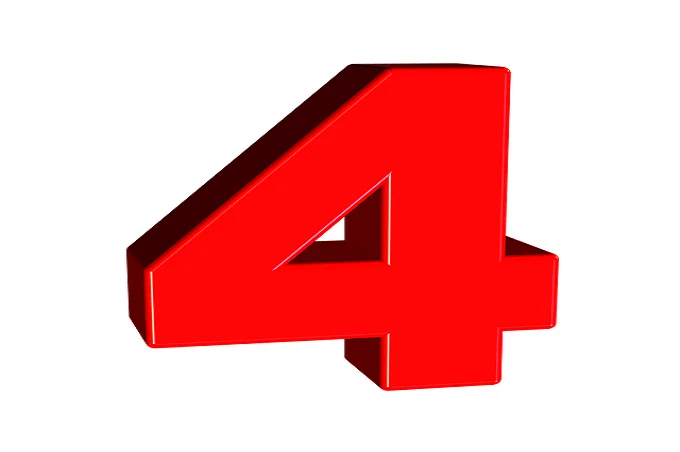
Most people aren’t familiar with the term tetraphobia, but everyone has heard of the problem it represents. We’re talking about a severe phobia of the number 4 that is widespread in East Asia culture and may be explained by superstitious beliefs.
Religions and customs vary across East Asia, and each has its own set of superstitions. Tetraphobia, or the irrational fear of the number 4, is one of them. China, Korea, and Japan are the countries where this phenomenon is most common.
The meaning of the number 4

The fear of the four comes from the fact that the Chinese character for this number, “si,” sounds nearly identical to the word “death.” The only distinction is in the tone employed in pronouncing. These terms were adapted from Chinese with minimal adjustments in Japanese and Korean.
What is the result of prejudice?
Superstition is so strong in these nations that no floors ending in 4 are frequently seen in hotels, hospitals, or other public structures. This implies that a 20-story building, for example, will have not just a fourth but also a fourteenth floor. The aim to please the Westerners adds to the complexity by excluding the thirteenth floor from the numbering system, which means that following the twelfth, there is instantly the fifteenth.
People in East Asia who are superstitious go to great lengths to avoid seeing the number 4 in daily life. This is particularly true when the family is relaxing during the holidays or when one of the members is ill. They attempt not to mention the four at the patient’s home. It’s also not a good idea to offer four items (no matter what).
The civilian population is not the only one that suffers from negative connections with death. In the army, superstitions are alive and well. For example, in South Korea and Taiwan, the number 4 is not used to designate warships or aircraft.
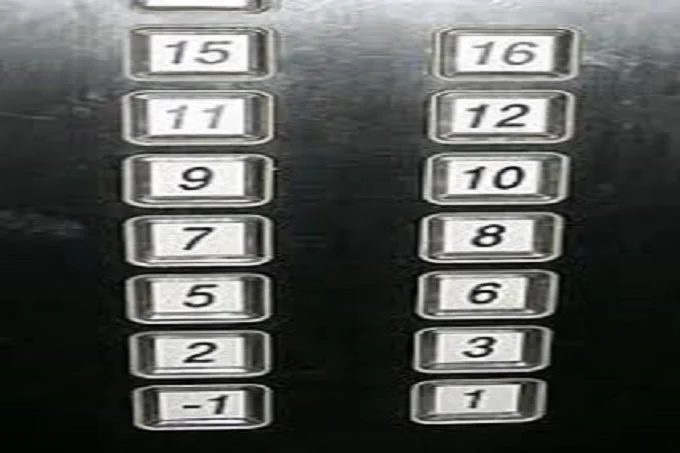
If the westerners regard Friday the 13th to be a very unlucky day, then April 4 is analogous for individuals who have tetraphobia. The ” unlucky ” number is avoided when numbering anything, such as hospital wards, streets, or restaurant tables; the “unlucky” number is avoided. Superstitious people do not want to see negative numbers in their phone numbers or other forms of identification.
Tetraphobia is a significantly higher fear of the number 13 in Asia than in the West. Suppose the omission of the “damn dozen” from a list of floors or rows of seats on an airline in their country is seen as a curiosity to be indulged. In that case, the Chinese and Japanese attitudes about their worries are radically different. Tetraphobia permeates both business and society in these countries. People are more likely to refuse to purchase property on the street with the incorrect name, and putting a loved one in Ward 14, 24, or 42 will be seen as an insult that requires retribution.
To get the latest stories, install our app here
How do they survive in the absence of the number 4
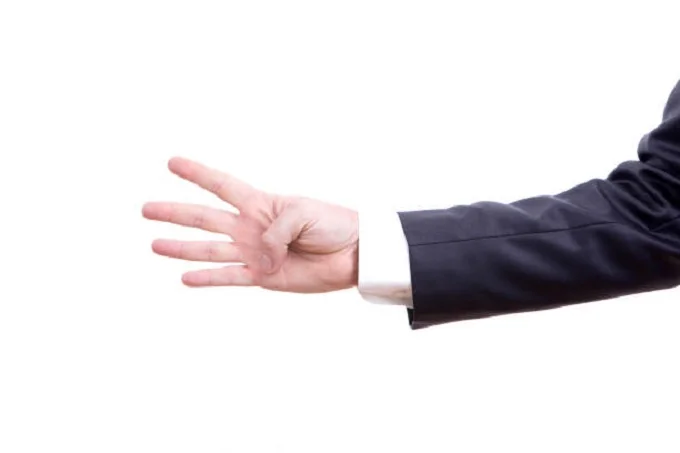
It is unnecessary to explain why the number 4 should be avoided by someone who grew up in Japan. The Japanese consider 9 to be the second unlucky number since it is consonant with the word “suffer” when said aloud. In this aspect, the number 49 is even more feared in this country since it is connected with death and terrible suffering.
However, other areas, such as the standard accounting system and conducting business with foreigners, have not yet absorbed local beliefs. This is the point at which everyone must adjust. If a four was unsuccessfully wormed anywhere in the name of the street and real estate values dropped; as a result, the interested parties will ask the local authorities to remove it. It’s not always possible to exclude the numbers 4 and 14 from a numbering system. Block numbers in residential complexes might be replaced with 3A or 13A in such instances.
The consequences of tetraphobia may also be seen in the mobile communications sector. Operators cannot just skip combinations they don’t like because cell phone numbers are produced in sequence from a particular range unless they want to sell more SIM cards. What should you do with numbers that end in four or have a lot of fours in them? They’re also on sale, but at a lower cost.
If we’re talking about phones as devices, the cost-cutting trick for models with “odd” numbers isn’t appropriate. Nokia did not use the number 4 to refer to models sold in Asian regions while it was still a significant player in the communications sector.
Beijing had the chance to host the Summer Olympics in 2000, but Sydney was chosen instead. China did not submit a tender since it did not wish to host the 2004 Olympics. The refusal to compete in the 2004 Olympics is said to have stemmed from a major portion of the population’s attitude against the four. China skipped an Olympic cycle and went on to host the 2008 Games. The circumstances worked out nicely – the number eight is considered fortunate in Chinese culture.


